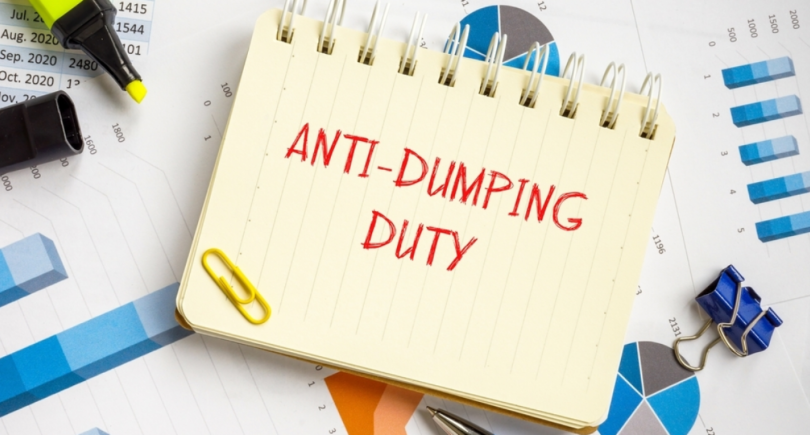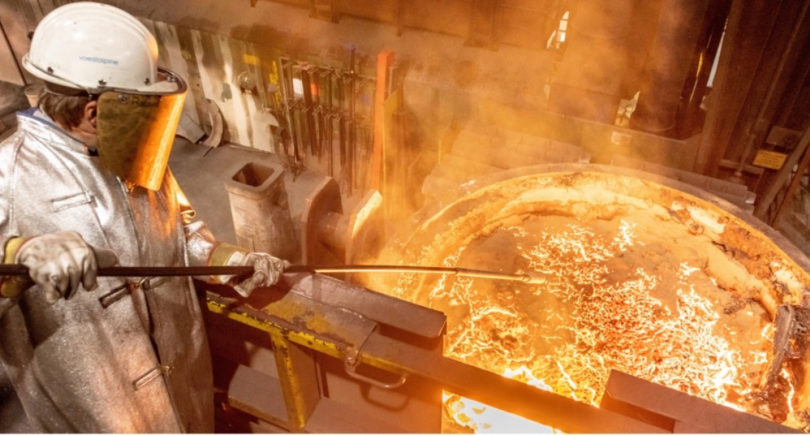
News Global Market CBAM 3161 23 May 2024
South Africa continues negotiations with the EU in order to find a mutually acceptable solution
South Africa is considering filing a formal complaint with the World Trade Organization (WTO) against the EU’s “protectionist” cross-border carbon tax (CBAM). This was stated by South African Trade Minister Ibrahim Patel, Reuters reports.
«We believe that first prize always is to reach agreement through engagement and negotiation and our door remains open to find a settlement with the European Union on this matter,» Patel told the agency.
Otherwise, according to the minister, South Africa will have to take the next step – to file a formal complaint with the WTO. However, the country is still continuing negotiations to find a mutually acceptable solution.
A representative of the European Commission said that the levy under the mechanism of transboundary carbon regulation was developed in accordance with WTO rules and will allow deducting any carbon prices already paid abroad.
However, a number of states, including South Africa, have pointed out that the CBAM penalizes developing countries that are trying to attract the large investments needed to reduce carbon emissions from their industries.
««Instead of recognising differential levels of development, it imposes a one-size fits on all firms across the world,» Patel said.
According to him, South Africa, which could suffer a serious economic blow if CBAM is implemented, raised the issue of trade measures in connection with climate change at the WTO in February this year.
The EU is South Africa’s largest trading partner, and the current version of the CBAM could lead to a 4% reduction in total exports to the bloc in 2030 (or 0.02% reduction in GDP) compared to the baseline scenario without the mechanism, according to an April report by the South African Reserve Bank.
Japan and South Korea will cooperate in consultations with the EU on CBAM. Both countries are committed to working together in response to the uncertainty surrounding the European mechanism. A key issue is the confusion surrounding the CBAM reporting system, which requires detailed data on carbon emissions from steel exports to the EU.
As GMK Center reported earlier, the introduction of CBAM is prompting other countries to develop their own border carbon charges, while others are considering retaliatory measures, according to a study by the International Emissions Trading Association (IETA).




